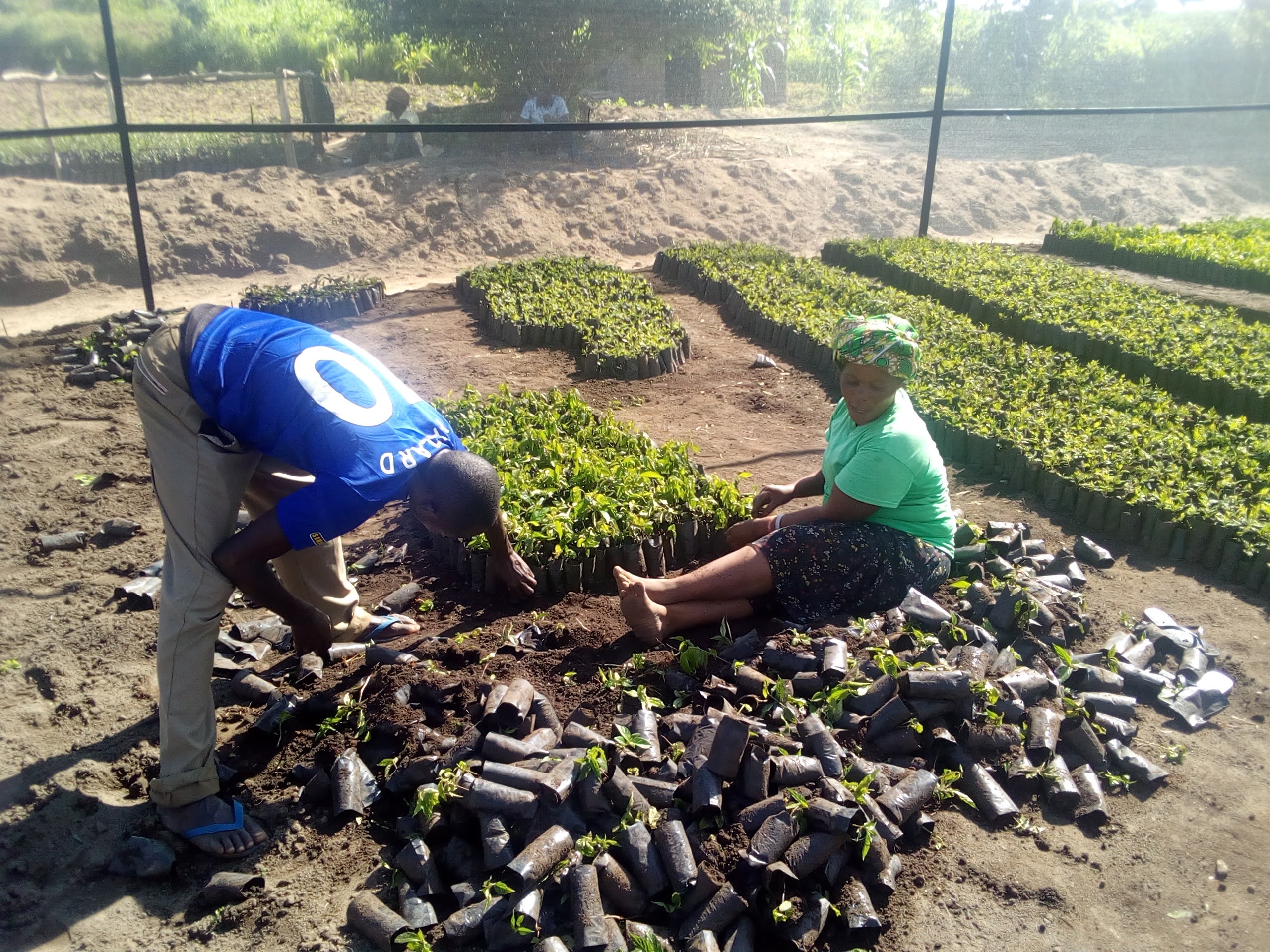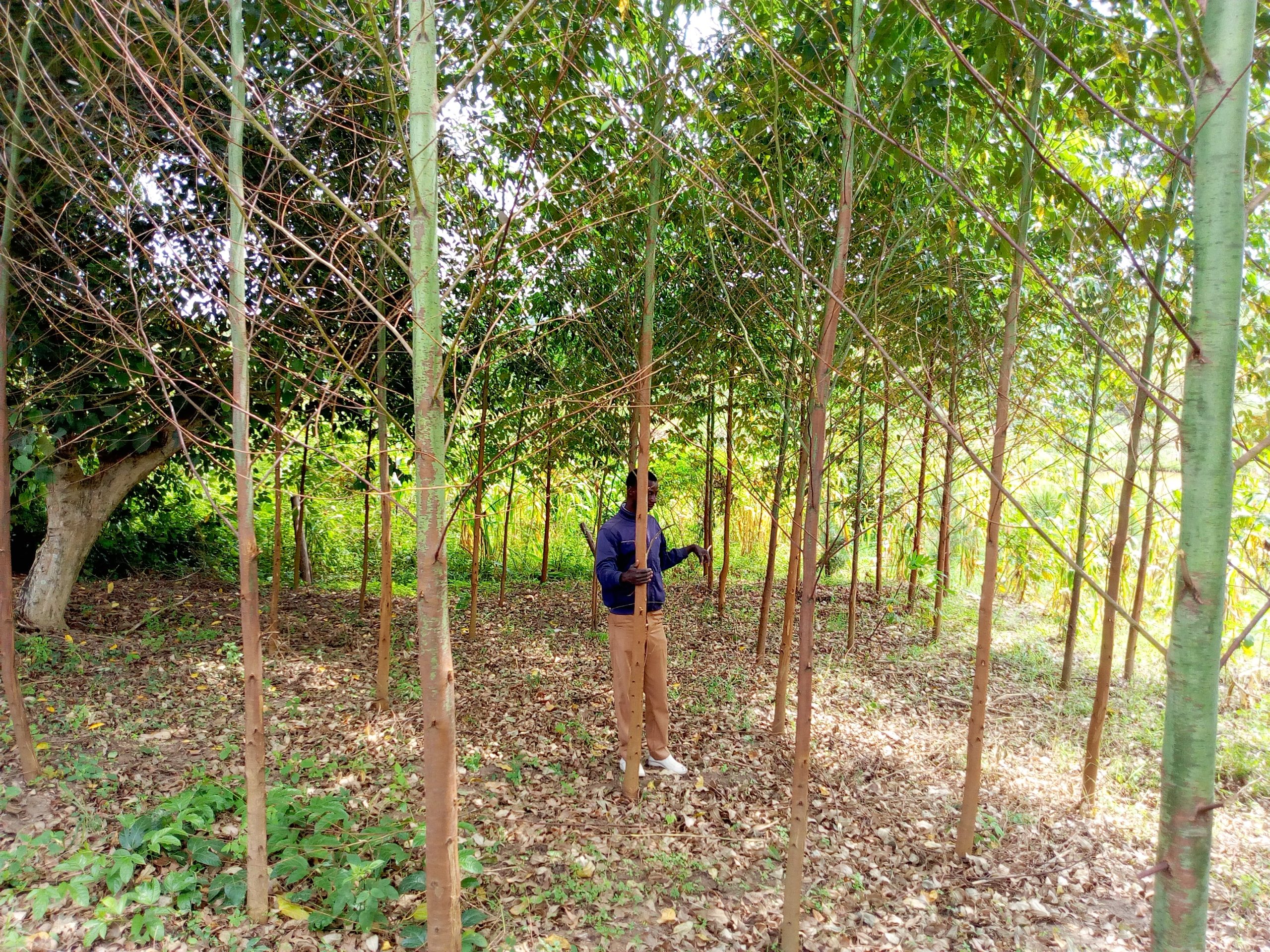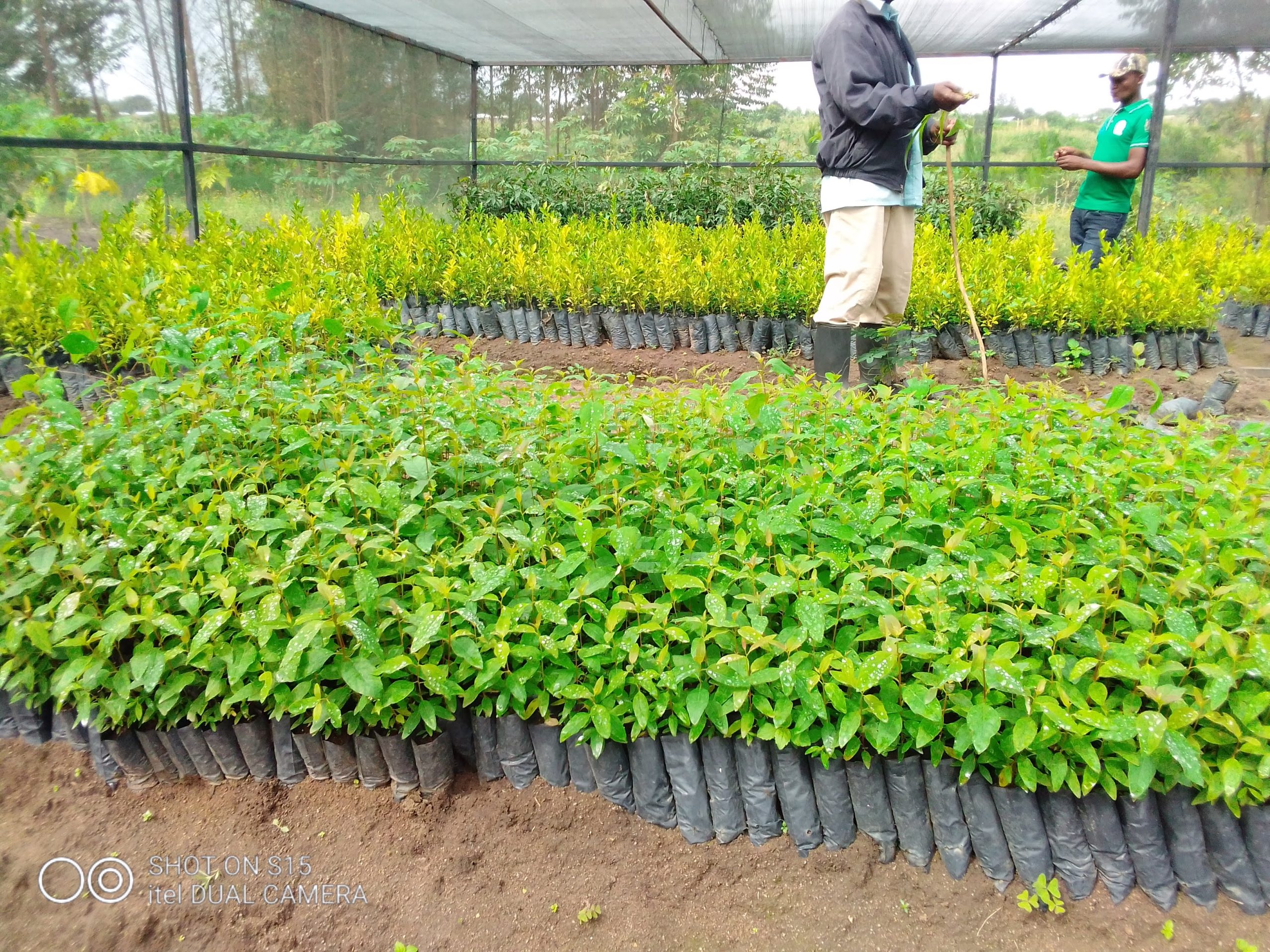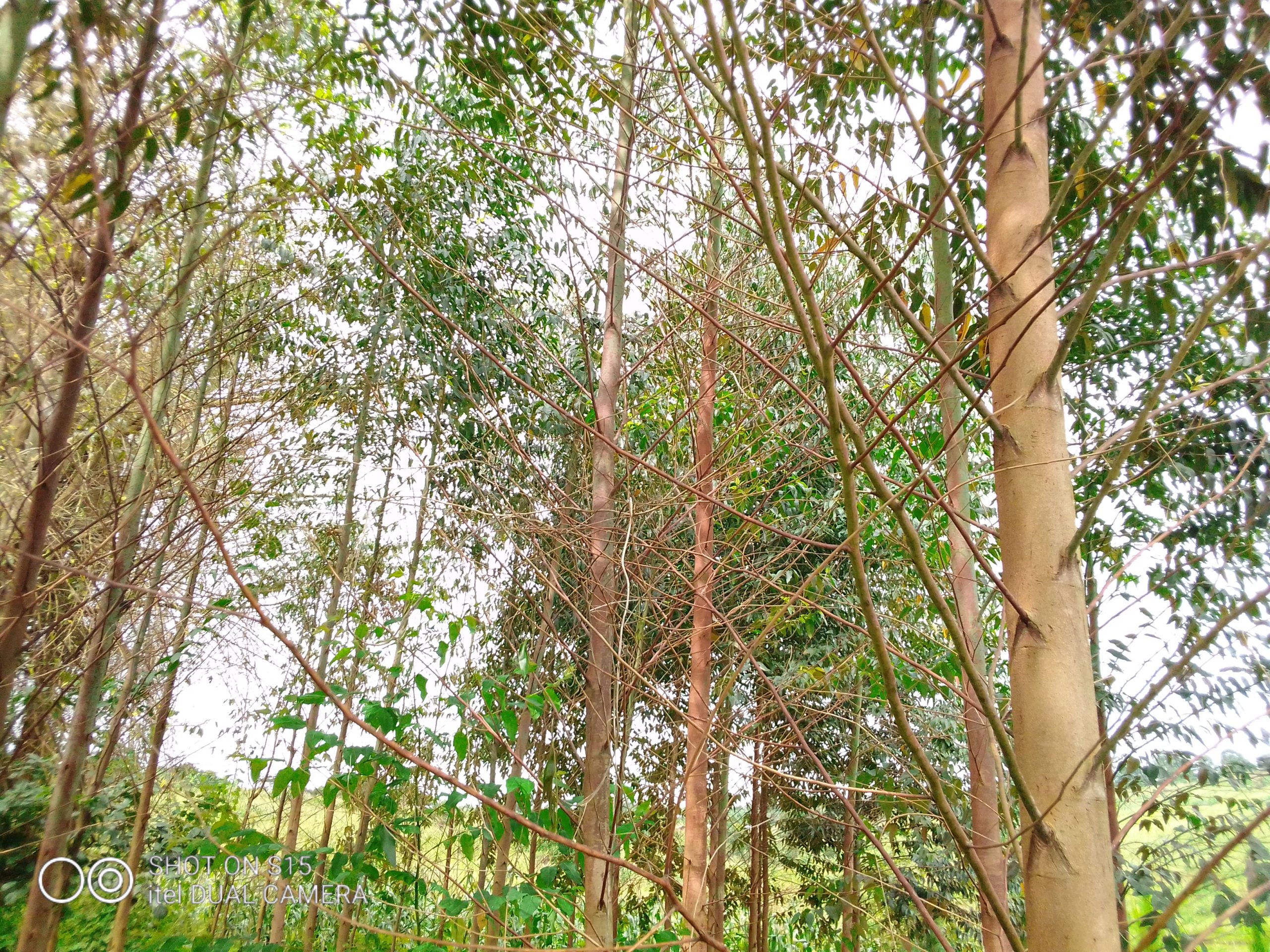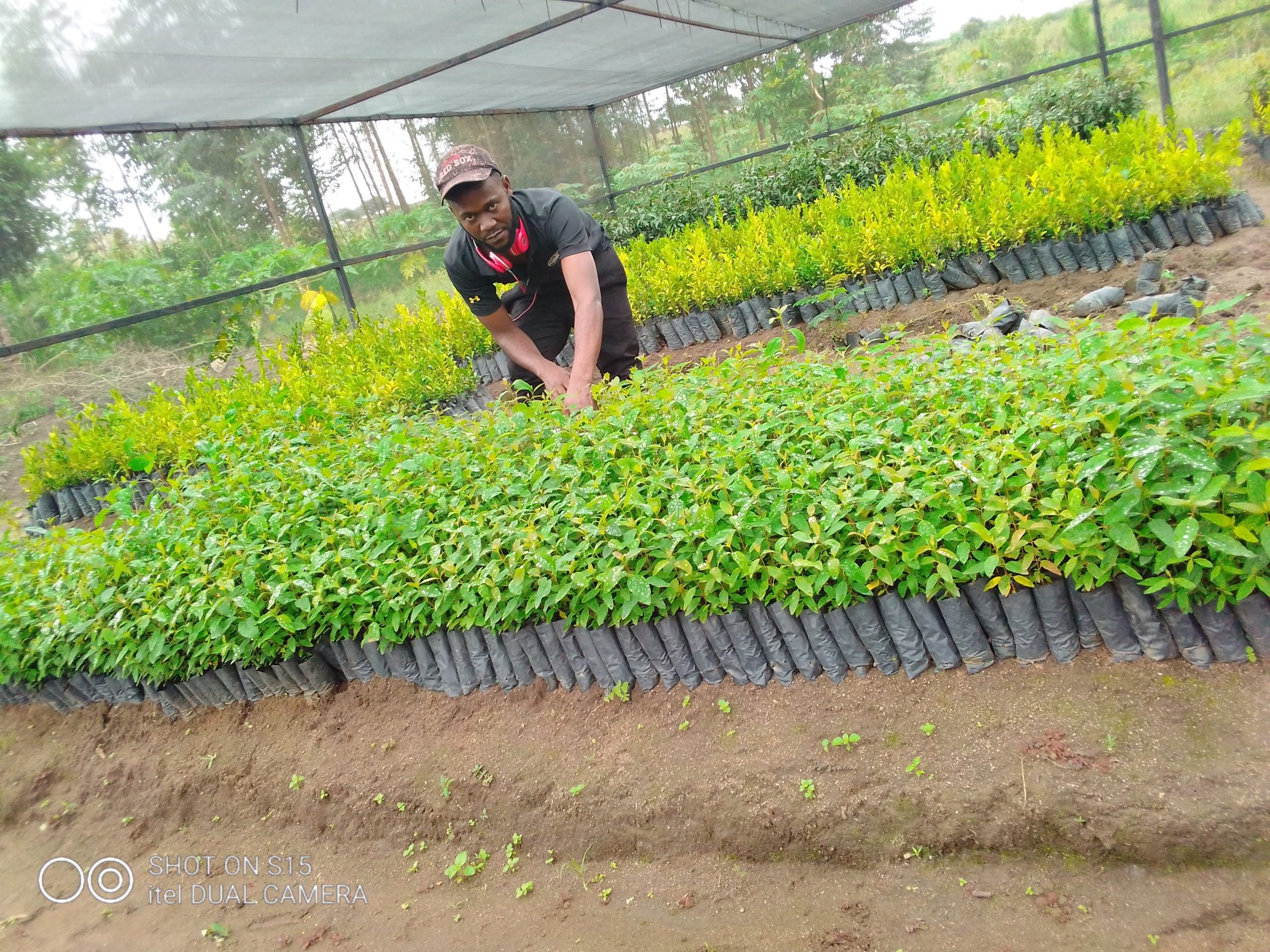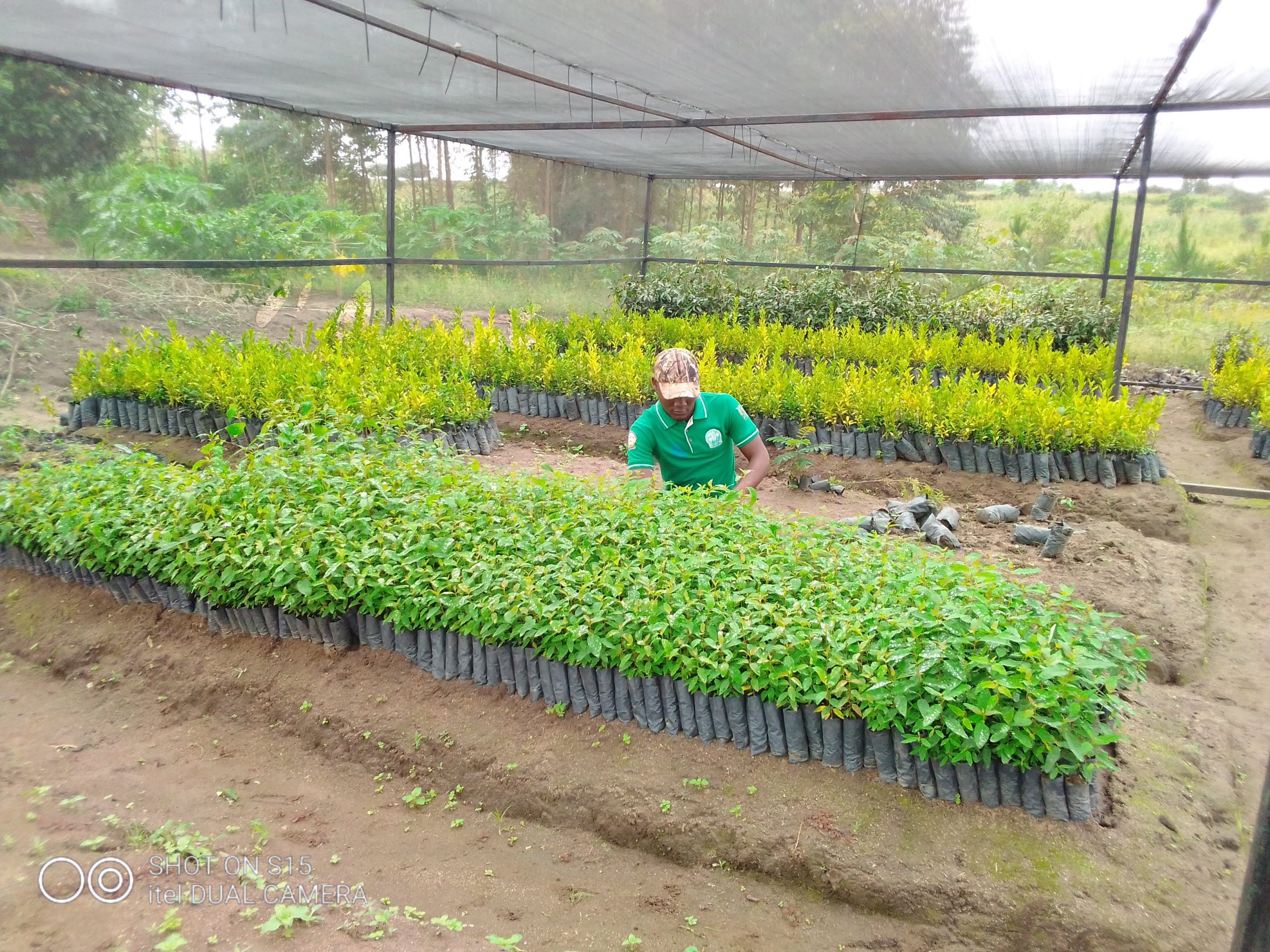ENVIRONMENTAL CONSERVATION
Human and community survival is inextricably linked to the natural environment in many ways. But, human activities in Uganda and most especially the refugee settlement is probably responsible for the degenerating level of the natural habitat and the general environment. Population explosion due to the refugee influx from Democratic Republic of Congo and Rwanda are partly to blame for the massive pressure placed on the natural environment in search for settlement and arable land. This has encouraged drastic felling of trees, loss of green cover and subsequently resulted into uncontrolled erosion and desertification. The influx of refugees has often added to existing pressure on the environment, resulting in reduced access to wood-fuel for cooking and competition between refugee and host communities over the use of limited natural resources (FAO, 2019). The rampant use and poor disposal of plastics and polythene accounts for the reduced food productivity in the region. This is directly linked to the effects of plastics and polythene disposed of on arable land and thus degenerating its fertility. Therefore, such uninformed practices expose the soil to dangerous poisonous chemicals and consequently reduces its productive quality over time thus poor yields and eventually subjecting households to food insecurity, poverty and hunger.
LIVE IN GREEN takes a deliberate and a more action-oriented approach with the youth and the communities to remedy the degeneration of the environment for wood fuel by advocating for tree planting and adaptation of solar cookers to ease pressure on felling of trees. In our approach we seek to inform, sensitize and empower the youth and the general population on the practical and context-specific sustainable mechanisms of food production and environmental management.
Therefore, LIVE IN GREEN improves the above discussed problem through community sensitization and awareness, set-up of Clean Energy Centres, and shared tree nursery set-up and planting of trees. The aim as to have a sustainable program that allow participants understand their responsibility towards what affects them, the ecosystem they need to protect and the future generations.
